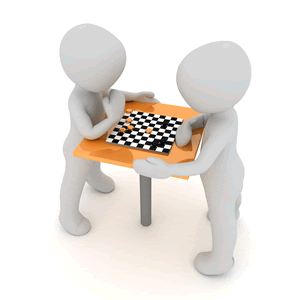We know that successful students are able to form strong classroom relationships with both their teachers and their peers. The ability to form relational bonds predicts academic success—and is a necessary ability to succeed in a 21th century workplace which demands collaborative innovation.
From the trauma-informed standpoint, the ability to form healthy relationships is often compromised by the effects of adverse childhood experiences. Vulnerable students, who don’t yet have the capacity to form durable relationships, can see other people as a threat to their own safety. Thus, they will test teachers who try and connect in the service of learning.
From our experience, teachers are best equipped to build strong classroom relationships when given strategies to do so. Yes, we want teachers to identify common interests and show positive attention to the student. However, from the fields of positive education and trauma-informed practice, we know even more to share with teachers:
- Attachment: Using side-by-side, non-verbal actions (i.e., being careful not to stand over sitting students, but position yourself shoulder to shoulder when asking a student to get back on task).
- Unconditional positive regard: In your own thinking and speaking about the student, do you separate the student from their behaviour and truly maintain a vision for that student’s wholeness?
- De-escalate when a student wants to argue: When students make unfair demands, we don’t want adults to placate; rather de-escalate to allow the student to stay in thinking-brain in order to choose an alternative on-task behaviour
- Process vs person praise: From a growth mindset perspective we know that vulnerable students often feel that person-based praise (i.e., “You are a great reader!”) can feel manipulative and inauthentic. We want to recognize the effort a struggling student has put forth by describing what they have accomplished (i.e., “Great effort today—you finished the entire chapter!”
Our hope is that across an entire school, consistent strategies are practiced by all teachers in order to build strong relationships. Vulnerable students often have accurate radars to determine who truly sees the best in them. For classrooms framed with these relationship-building strategies, students can increase their ability to stay with challenging tasks and build their stamina for learning.
Tom Brunzell, Berry Street Education Model
Brunzell, T., Stokes, H., & Waters, L. (2016). Trauma-Informed Positive Education: Using positive psychology to strengthen vulnerable students. Contemporary School Psychology, 20, 63-83. DOI: 10.1007/s40688-015-0070-x



